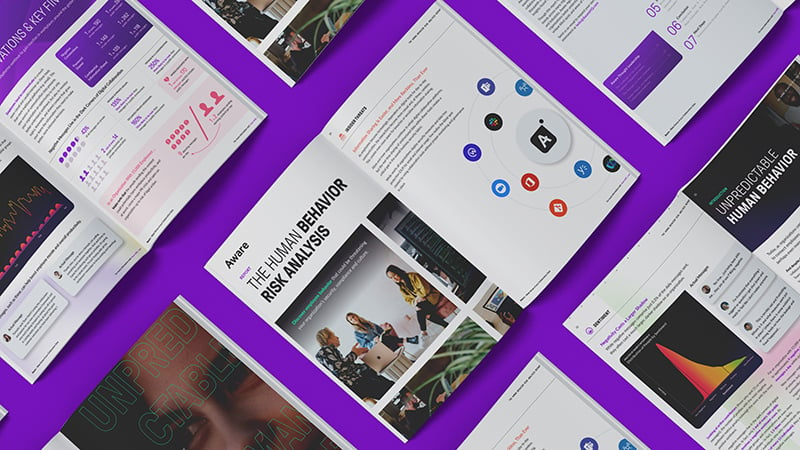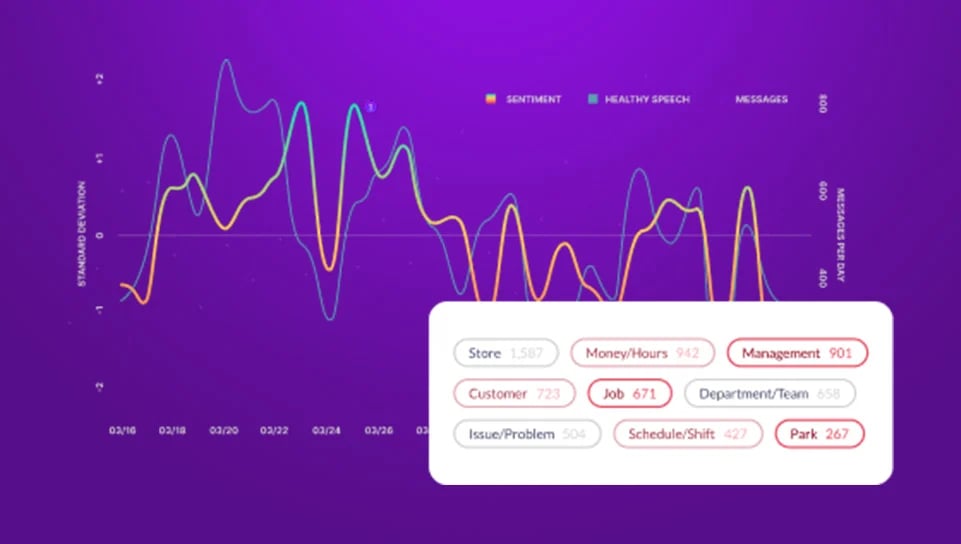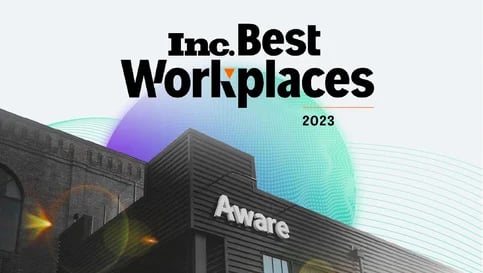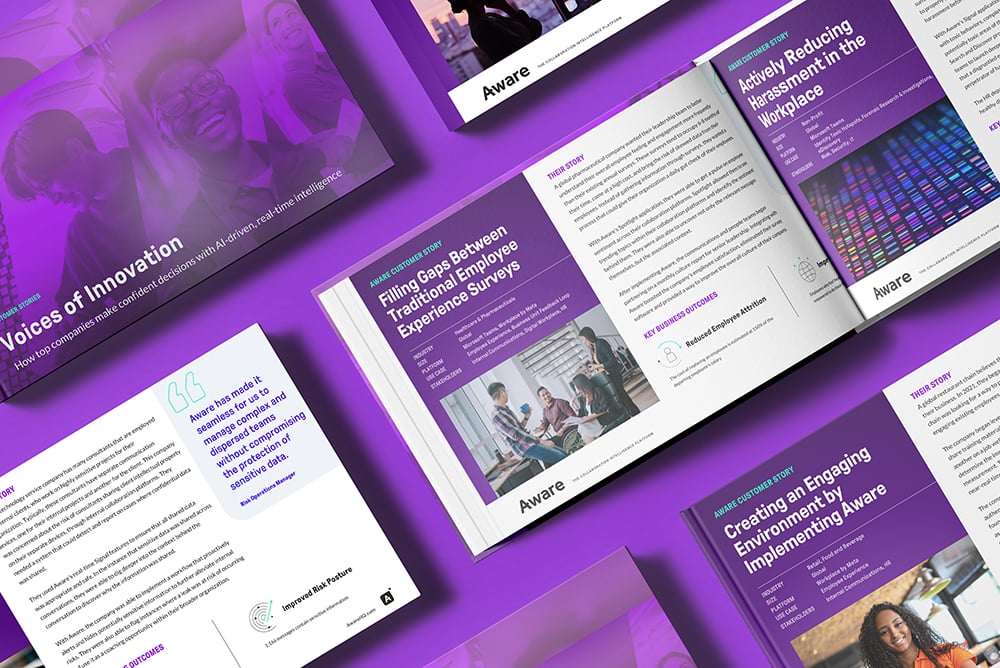AWARE FOR RECORDS RETENTION
Simplify records retention in complex datasets
Control your data from a central repository with one-click legal holds and granular retention for collaboration tools
Make smarter decisions about what to keep and what to purge. Manage retention policies and legal holds for tools like Slack, Teams, and Zoom from one centralized interface.
Preserve critical business knowledge
Granular retention supports a scalpel approach to maintaining valuable information shared among collaboration channels, groups and DMs, while also reducing risk.
Minimize risk surface area
Robust records retention strategies help eliminate legal risks in collaboration data and reduce liabilities for the business.
Protect against spoliation
Leverage legal holds to preserve individuals’ collaboration data from spoliation—including conversation context, edits and deletions.
What can you do with Aware?
Strengthen data privacy compliance
Avoid costly fines with one-click user data removal, fulfilling an individual’s Right to be Forgotten, as outlined by the GDPR, CCPA and other privacy regulations.
Create automated, defensible legal holds
Preserve collaboration data from spoliation and share with investigators with one-click legal holds. Manage and automate legal holds across all collaboration tools from a central platform or use the Aware API to connect your global holds tool.
Implement granular data retention
Define policies unique to each enterprise to balance knowledge management with business productivity. Set policies across all platforms, customize by data type, and hold data-in-place or manage from a separate archive.
Centralized records retention from a single pane of glass
Take charge of your entire collaboration ecosystem and implement granular records retention controls from a central intelligence platform built for the nuances of complex conversational datasets.
Data Management
Make informed choices about the value of the data you hold, what to keep and what to purge, and implement controls with scalpel precision across collaboration.
- Establish granular retention policies from a central platform, backed by role-based access controls
- Effortlessly enforce and release legal holds across collaboration tools
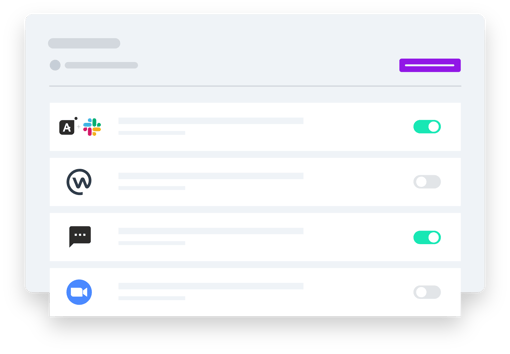
RESOURCES
See how Aware can help you streamline eDiscovery in complex datasets
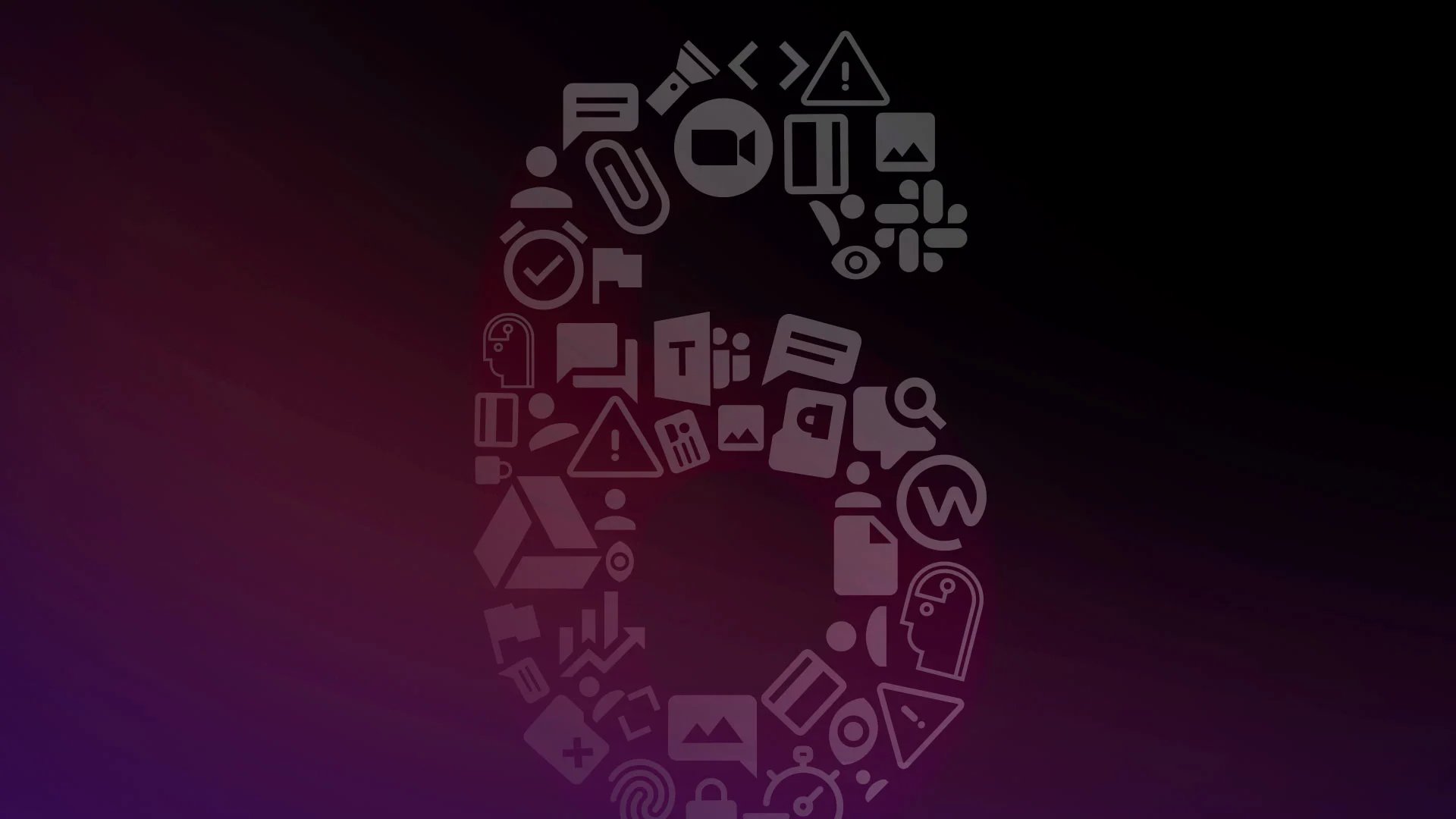
Whitepaper
6 Critical Digital Workplace Risks
Safeguard the new world of work by understanding the critical risks presented by real-time collaboration tools like Slack, Teams, and Zoom.
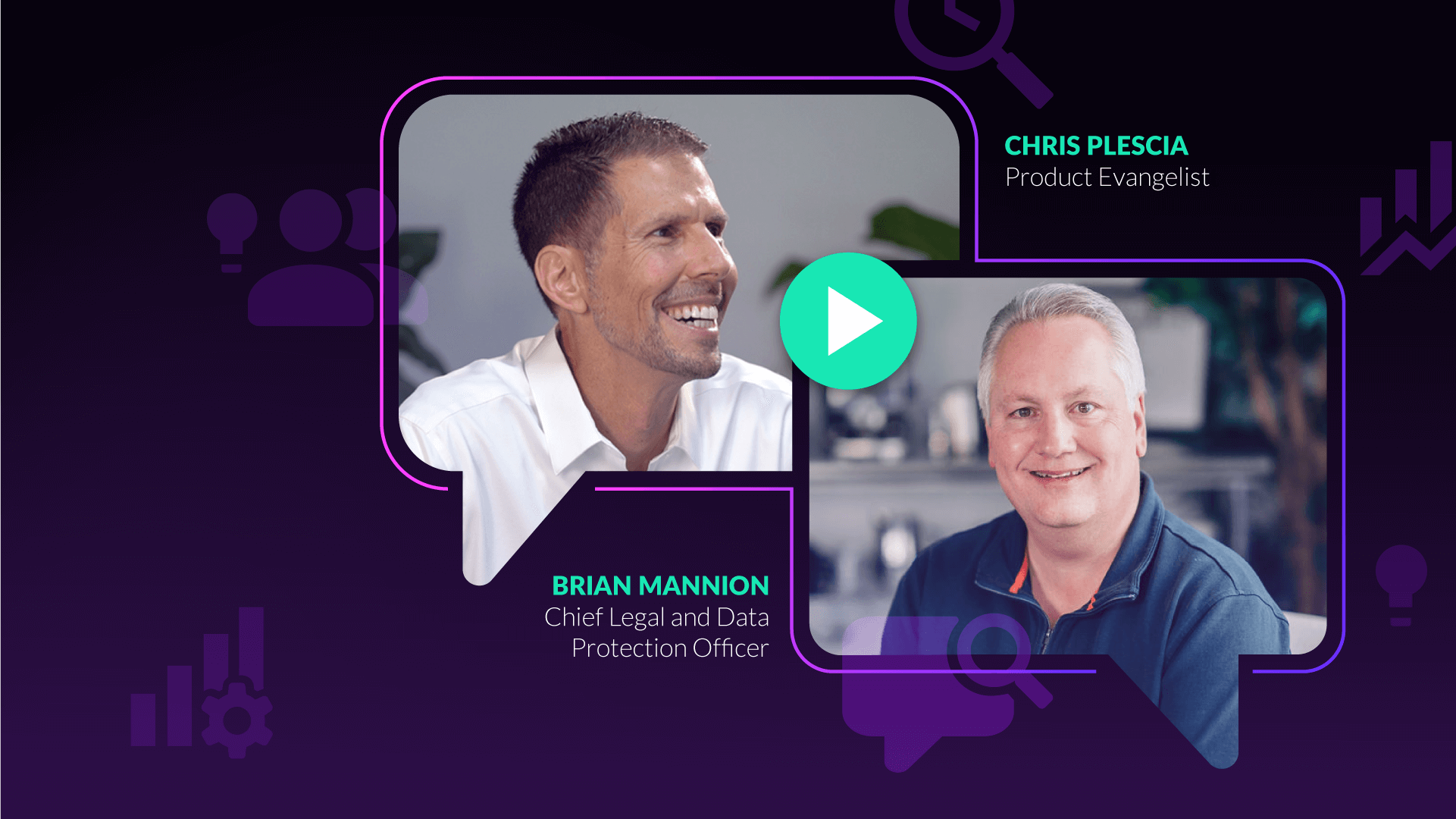
Webinar
Gaining Control of Your Collaboration Data
Listen to insights from top Legal and IT leaders as they discuss the complexities of collaboration data and how to gain control.
Frequently asked questions
What are collaboration tools?
Applications used by workplaces to facilitate remote and distributed work through messaging, video, and file sharing capabilities are known collectively as collaboration tools. Some of the most popular collaboration tools include Slack, Microsoft Teams, Webex by Cisco, Zoom Team Chat, Google Drive, and Workplace from Meta. These tools differ from traditional business communications like email in their nonlinear structure and free use of nonstandard characters and features like reactions, emojis, and gifs.
What is an information governance records retention strategy?
Information governance concerns how organizations manage their data. Records retention involves creating and implementing policies that treat information as a valuable business asset. Done correctly, a successful information governance records retention strategy keeps data secure and compliant while enabling access to extract the value it contains.
What data preservation factors should businesses consider about collaboration tools?
Collaboration tools can complicate information governance because they make it harder to preserve data. In collaboration tools like Slack and Teams, custodians or end users retain full control of the messages they send. That means a user can edit or delete a message, even months after sending, and those changes will sync across the workspace in real time. This presents challenges for administrators implementing records retention policies. One solution is to disable the ability for custodians to edit or delete their messages. However, this functionality is not available in all collaboration tools, and it can create confusion or frustration when employees make simple spelling mistakes. It may also introduce new risks if an employee accidentally shares sensitive content in the wrong location and is unable to redact it. Aware provides a better solution by capturing a complete record of all messages, including revisions and deletions, in real time. From a centralized pane of glass, Aware give information governance leaders insight into what is happening within their collaboration tools, with no loss of context.
How can companies enforce retention strategies or perform records retention in collaboration?
Retention polices are an important element of any information governance strategy. Some information must be retained for a fixed period, especially in highly regulated industries. However, other data should be purged quickly to protect confidential business information. Finally, organizations must consider the storage costs of the data they collect. Establishing a data retention strategy helps businesses understand the scale and value of their data. Many collaboration tools enable administrators to set granular data retention controls. Aware also supports this functionality across its collaboration dataset.
What compliance issues impact collaboration data management?
All businesses have to comply with certain rules and regulations. They may also be required to demonstrate that compliance through examination of the data they hold. Proving compliance requires more than pointing to a policy. The data a company holds must be stored in a way that is orderly, accessible, and searchable. This is difficult to do in collaboration messages. Workspace administrators might impose retention policies on public groups, for example, but can they prove those same policies apply to direct messages when DMs are not readily searchable? Aware makes all collaboration data accessible and searchable from within a centralized repository for faster, more effective information governance and compliance.
How can businesses comply with data privacy legislation like General Data Protection Regulation (GDPR) in collaboration tools?
Under EU law, the GDPR protects the privacy and data of individuals. Of particular note is the Right to be Forgotten (Article 17). Under this article, individuals can request the removal of their personal data, and courts have established that this right does extend to employees. That means at any moment, an employee could demand a company removes all the content they created within collaboration tools. Under this scenario, the company must (a) identify all the content that user created, (b) assign ownership of that content to the user or the business, (c) purge all user-owned content from collaboration, and (d) do so within one month of the request. That means a company must have the functionality in place to quickly surface and purge relevant messages.
What information security concerns exist in collaboration datasets?
Collaboration tools don’t restrict the information that employees can share. An employee can type all kinds of sensitive information or share restricted files without any checks and balances. This concerns infosec leaders, as any amount of risky data could exist within collaboration messages. Without the right information governance controls, a business simply has no idea what is happening in unregulated tools.
Does Aware support granular data retention controls?
Aware supports granular data retention controls across collaboration tools from a single, centralized source of truth. Backed by Role-Based Access Controls (RBAC), workspace administrators can create custom rules to suit the most complex retention needs within collaboration datasets.
How can Aware support internal retention policies for collaboration tools?
All businesses have internal policies regarding information governance and data retention. These policies are critical for protecting sensitive and valuable information such as intellectual property, details of mergers and acquisitions, financial reports and more. Without oversight and governance of collaboration tool messages, a business lacks full control of their data. Aware empowers businesses to purge and preserve collaboration messages according to need and to suit internal policies with highly customizable, granular retention controls.
What other use cases does Aware support in addition to information governance?
Aware is a complete collaboration intelligence platform, built for the specific nuances of collaboration data. Aware ingests messages from across the collaboration environment in real time and infuses them with AI/ML-enhanced insights. This contextualizes collaboration messages in a searchable centralized repository that supports many use cases, including: data loss prevention (DLP), insider risk detection, forensics and investigations, compliance adherence, eDiscovery, employee experience, toxicity detection, business feedback loops and key initiative tracking.
